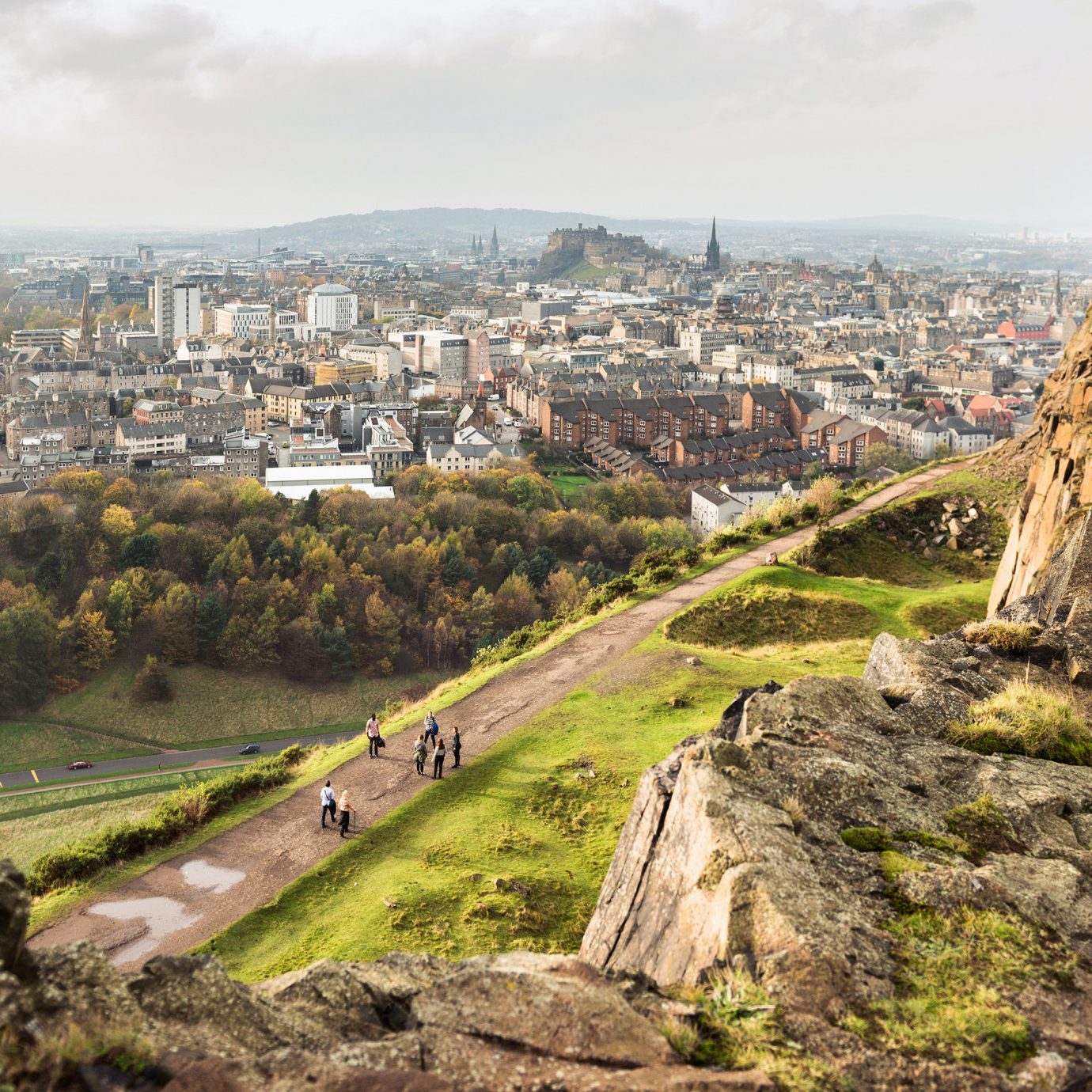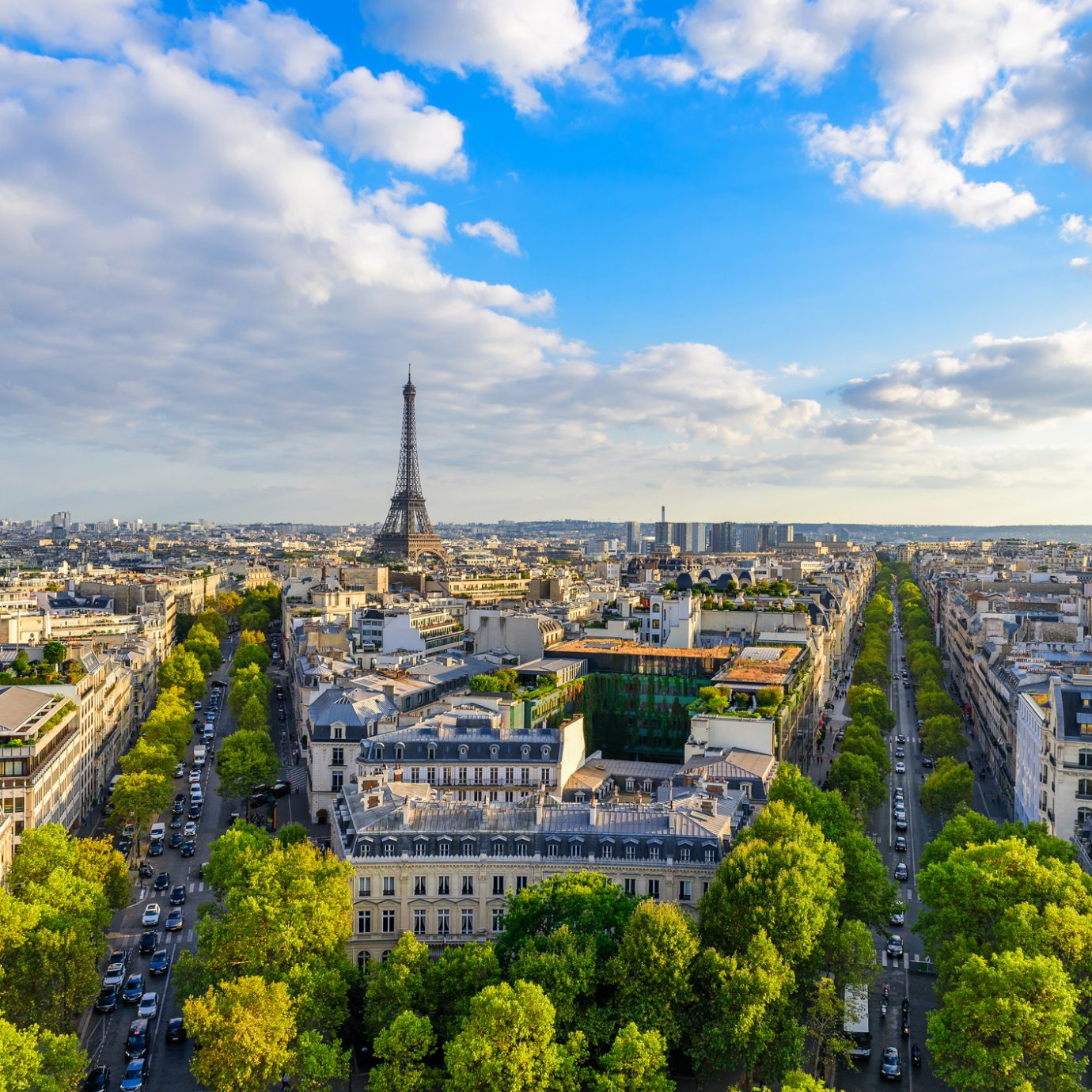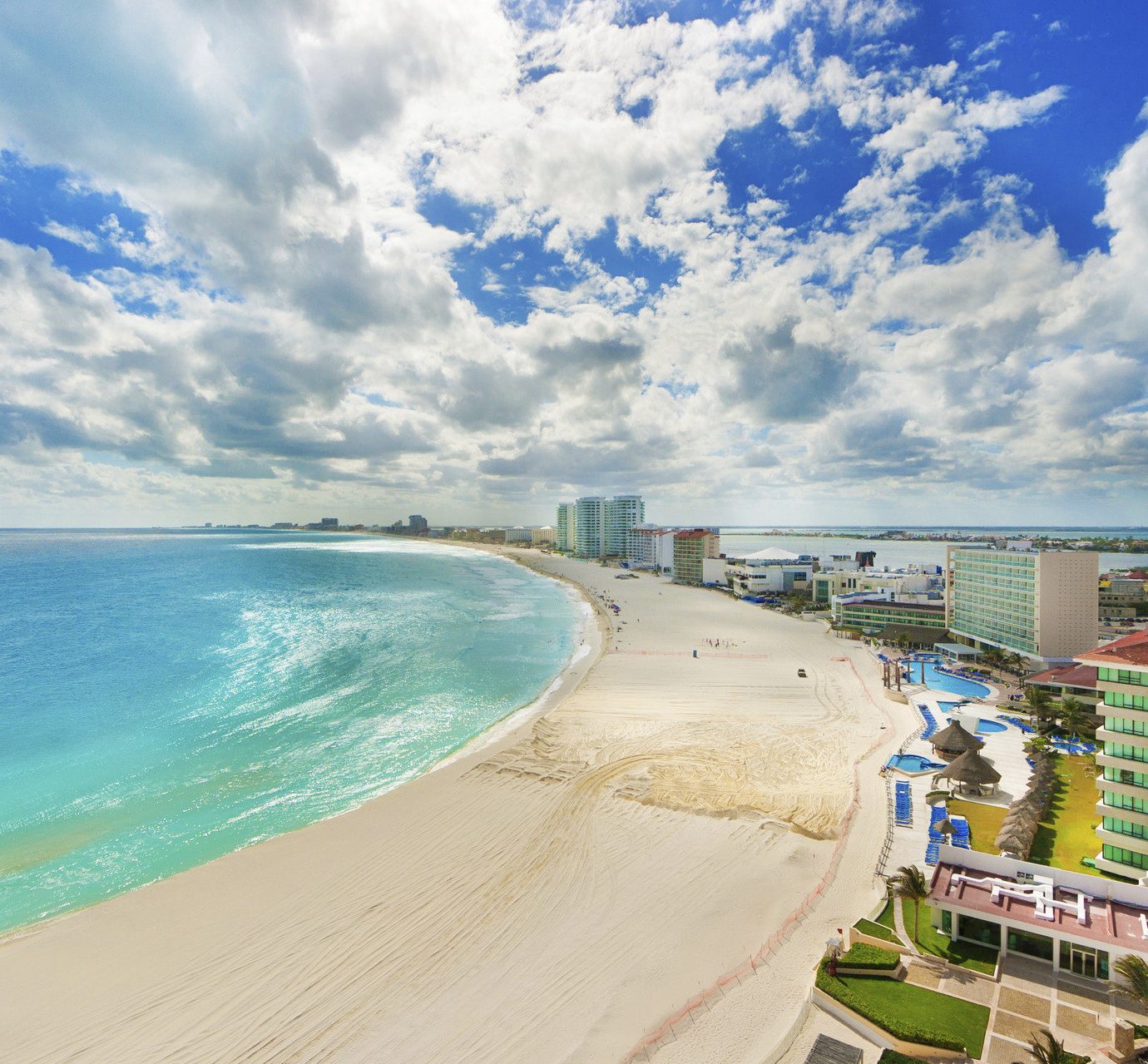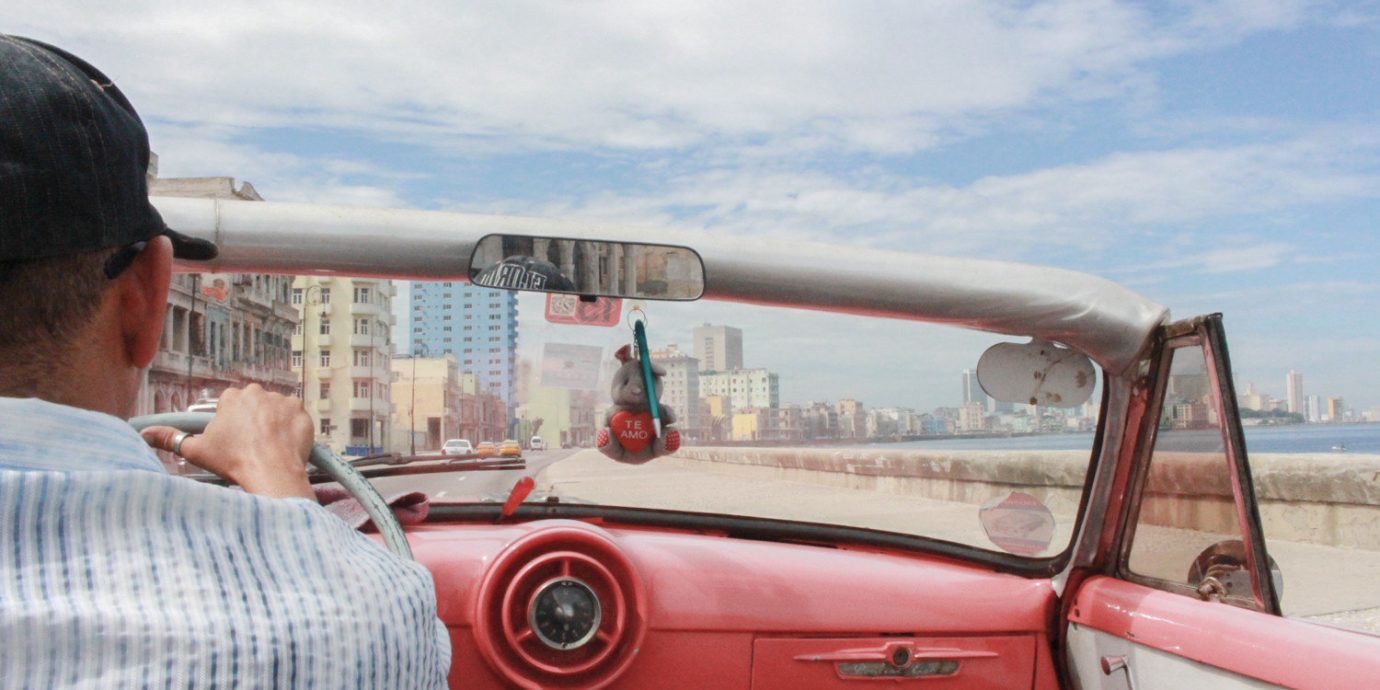
8 Things to Know Before You Travel to Cuba in 2017
With rules and regulations constantly in flux—especially now that Trump administration policies will introduce changes to Obama-era governance—it can be tough to keep up on all things Cuba. Here, we dive into all the updated need-to-knows.
A Brooklyn-based writer and editor, Chelsea's work has appeared in Matador Network, The Huffington Post, the TripAdvisor blog, and more. When not planning her next trip, you'll usually find her drinking way too much iced coffee (always iced—she’s from New England) or bingeing a Netflix original series.
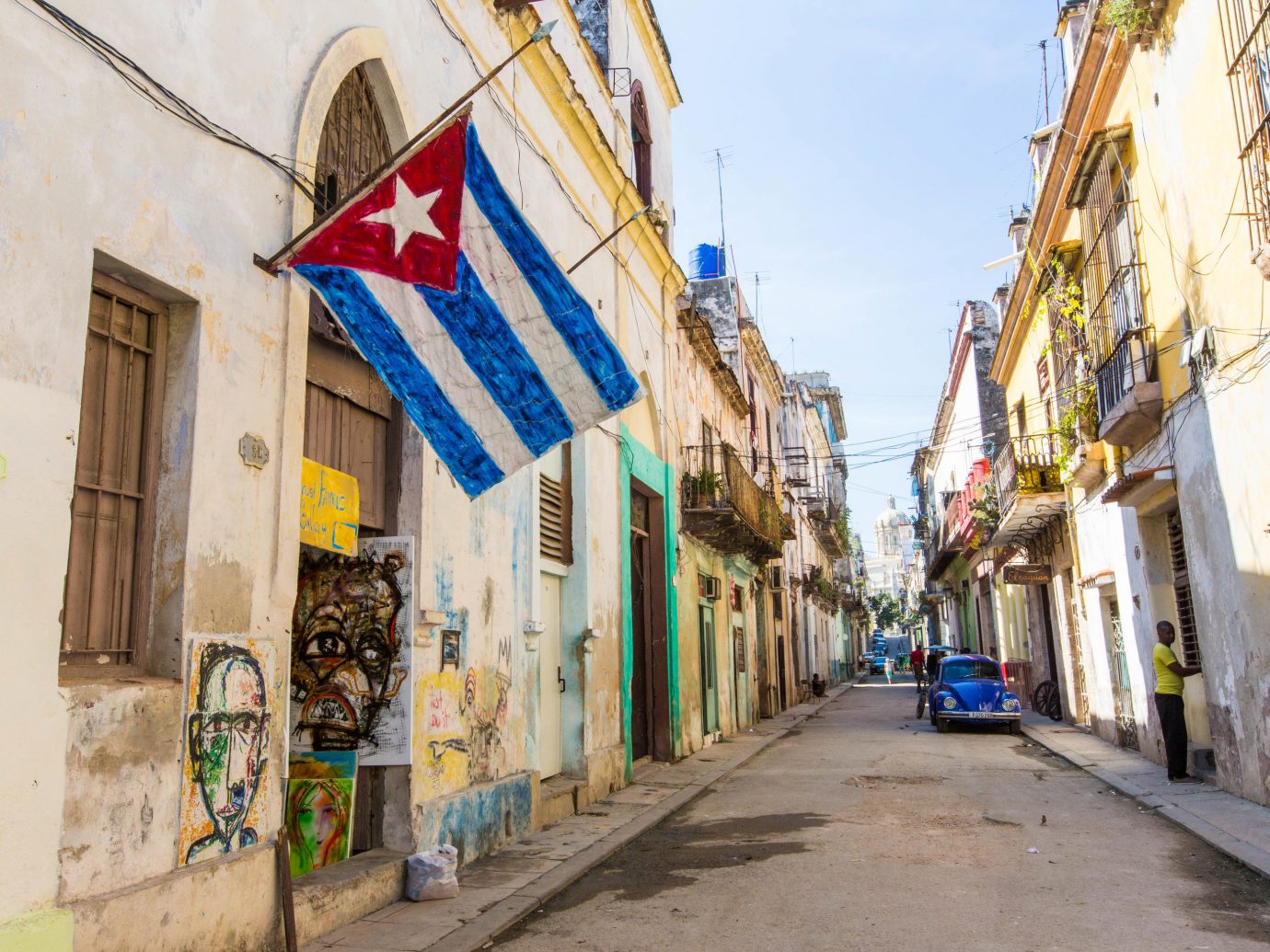
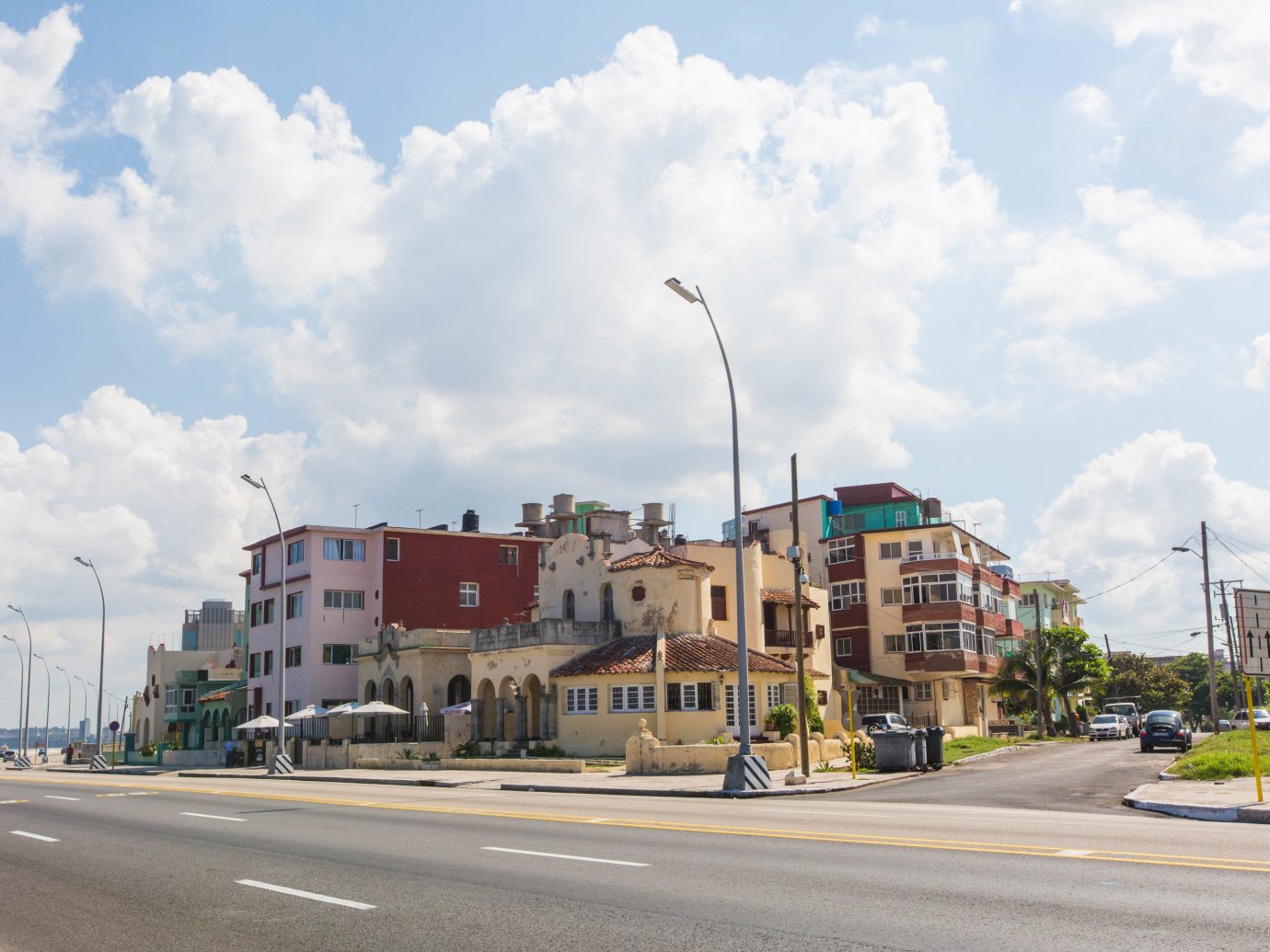
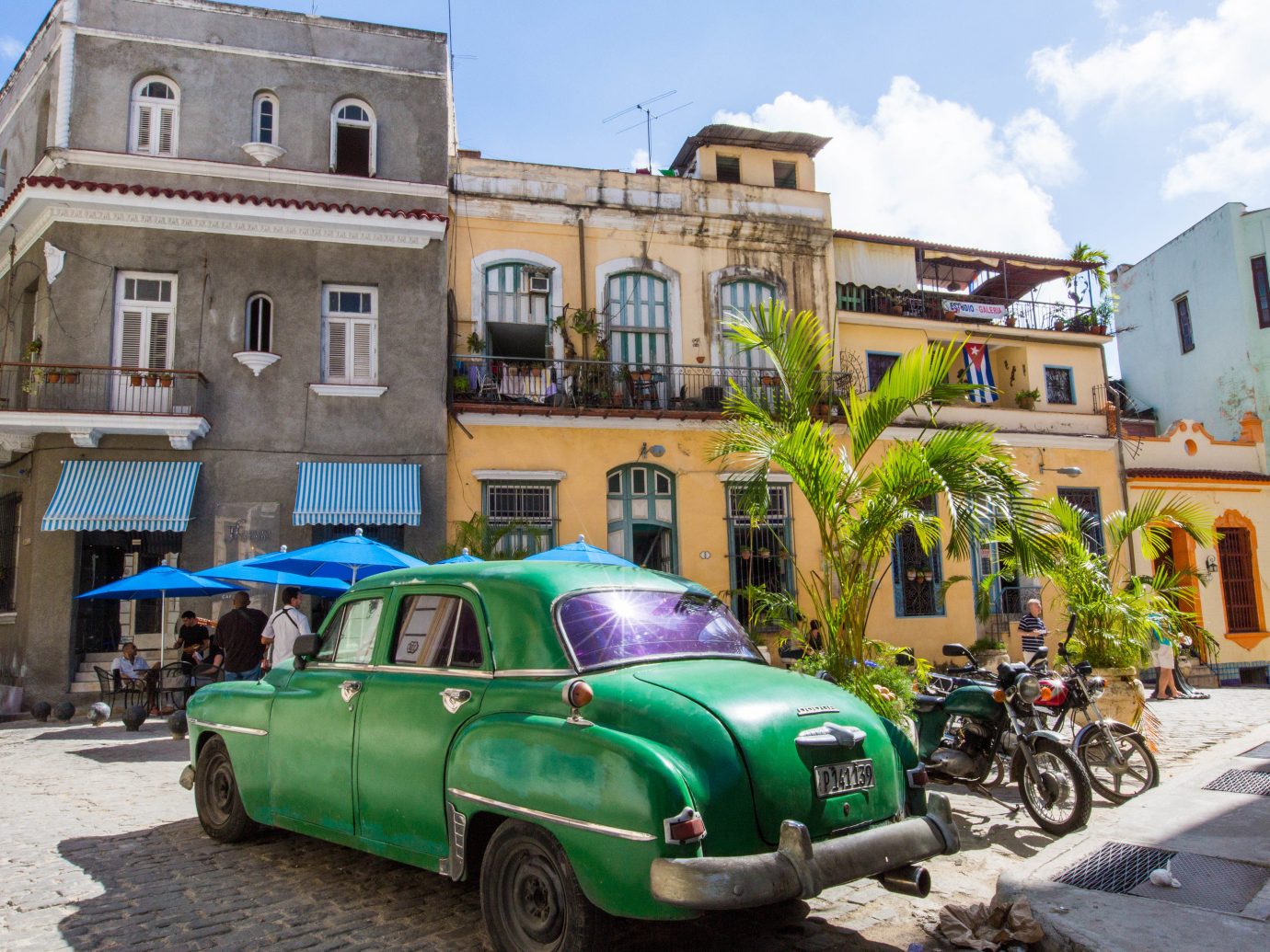
Americans still need a tourist card or visa to travel to Cuba
If you’ve skimmed the news this week, you’ve probably caught wind of the Trump administration’s plans to tighten U.S. travel to Cuba. While the changes will go into the effect over the next 90 days, you don’t have too much reason to freak out yet—the bulk of Obama-era policies will likely to go untouched. Just like before, American travelers will have to secure a tourist card (good for 30 days of travel) by declaring their trip under one of 12 Department of Treasury-approved categories, including family visits, journalistic activity, and educational activities. Typically, when you book your airfare, you’ll be asked to define which category your travel falls under and so long as it’s one of the 12, you can obtain your tourist card (general license) right at the airport and for roughly $50. If your travels don’t qualify for the tourist card, you’ll have to obtain a specialized license/visa. In this case, you have to go through the Cuban Embassy in Washington D.C. to secure your visa—note that neither the U.S. Embassy in Havana nor the U.S. Department of State in Washington D.C. can process your application. One major change to take note of: Trump’s policy will eliminate individual people-to-people trips and all travel declarations will be more closely audited.
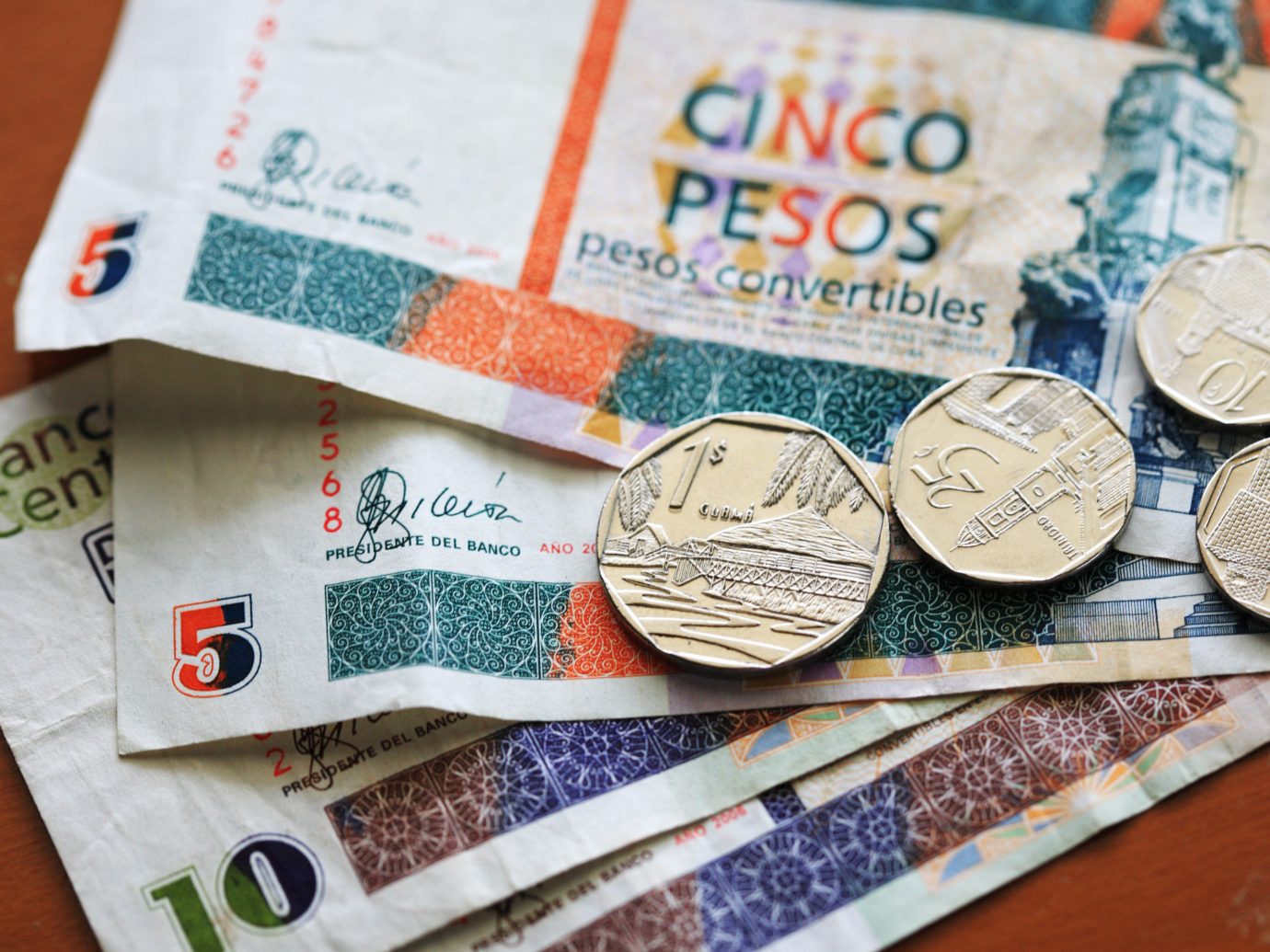
There are two types of Cuban currencies
Cuba has two legal tenders in circulation: the Cuban Peso (CUP) and the Convertible Peso (CUC). As a tourist, you’ll deal entirely with the CUC, as that’s the currency pegged to consumer goods; the CUP is really only used by locals (and is worth only 1/26 of a CUC). While this sounds like it could be confusing, it’s really not—exchange your USD at a CADECA (an exchange house) and you’ll be given CUCs off the bat. Just note that while the USD to CUC exchange rate is 1:1, you can’t exchange for the currency in the U.S., and in Cuba you will be charged a 10% fee simply for exchanging American currency. For this reason, some suggest swapping your USD for Canadian dollars, euros, or pounds pre-trip in order to avoid extra fees and find a more favorable exchange rate, but if you do go this route, make sure you take into account any fees your bank may charge to make the initial exchange—in some cases the extra work leads to little reward. Also important in terms of spending: U.S. credit and debit cards do not work in Cuba—make sure you bring enough cash to cover all of your expenses.
RELATED: 6 New Travel Policies to Know Before You Go
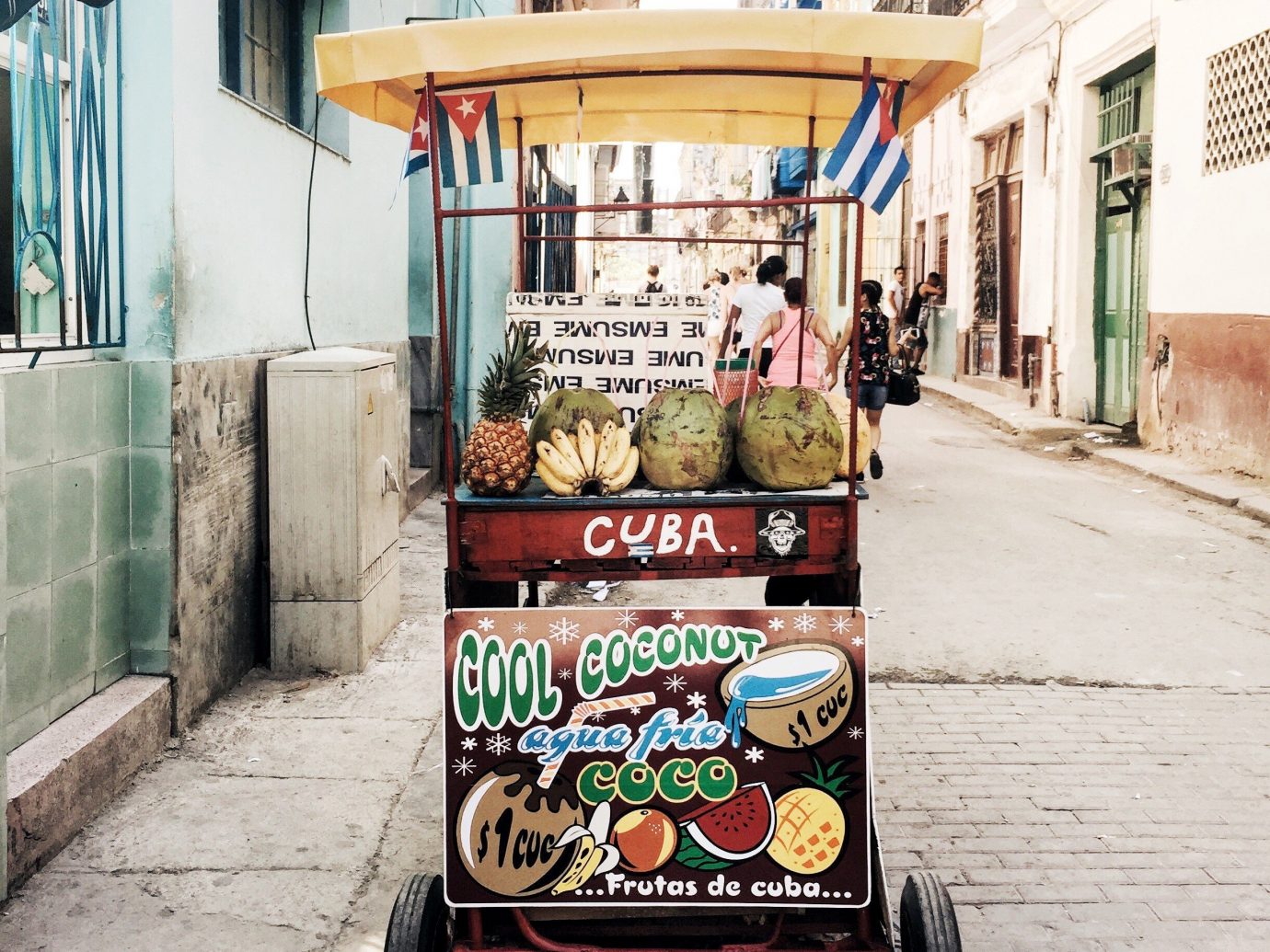
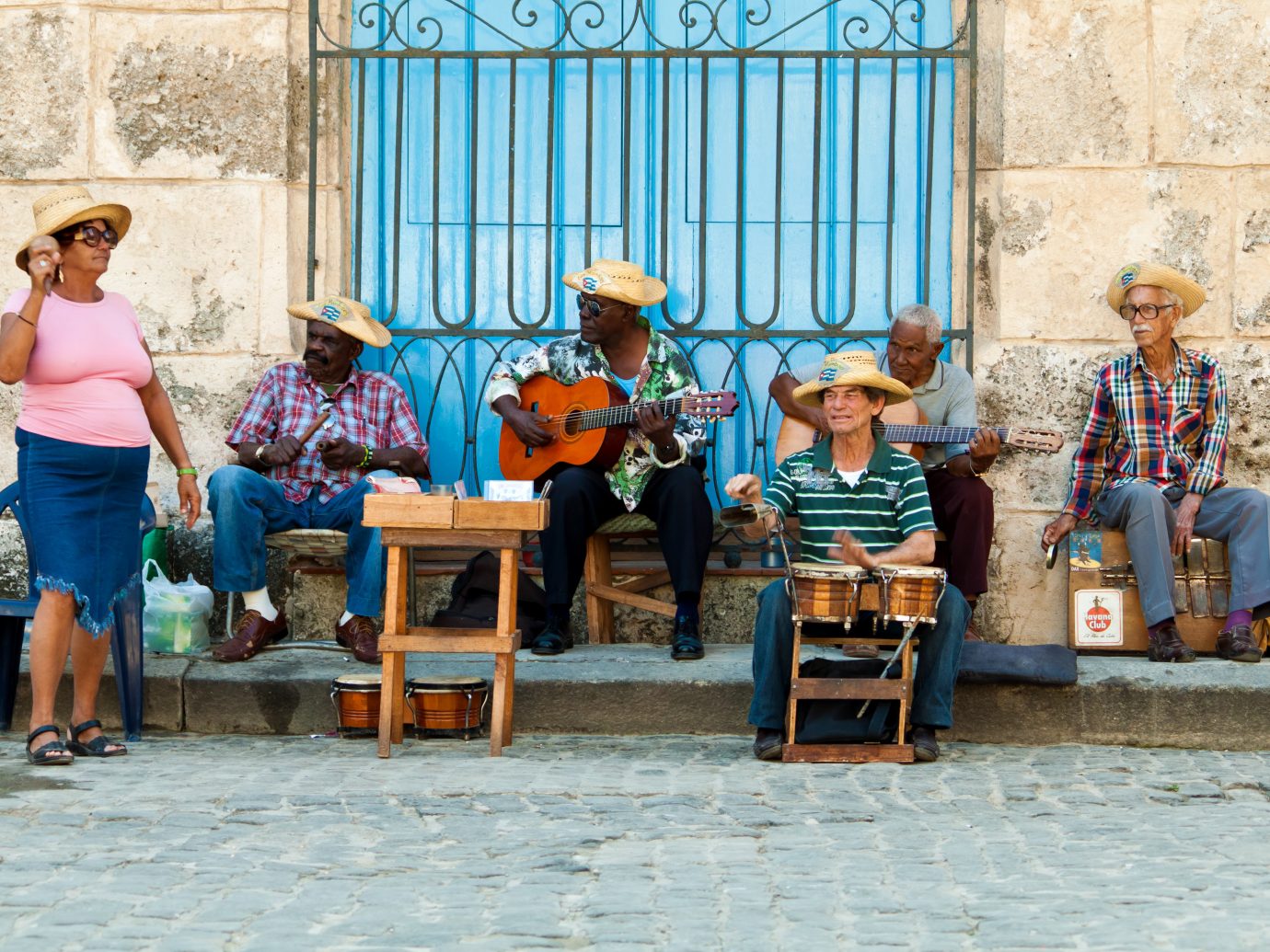
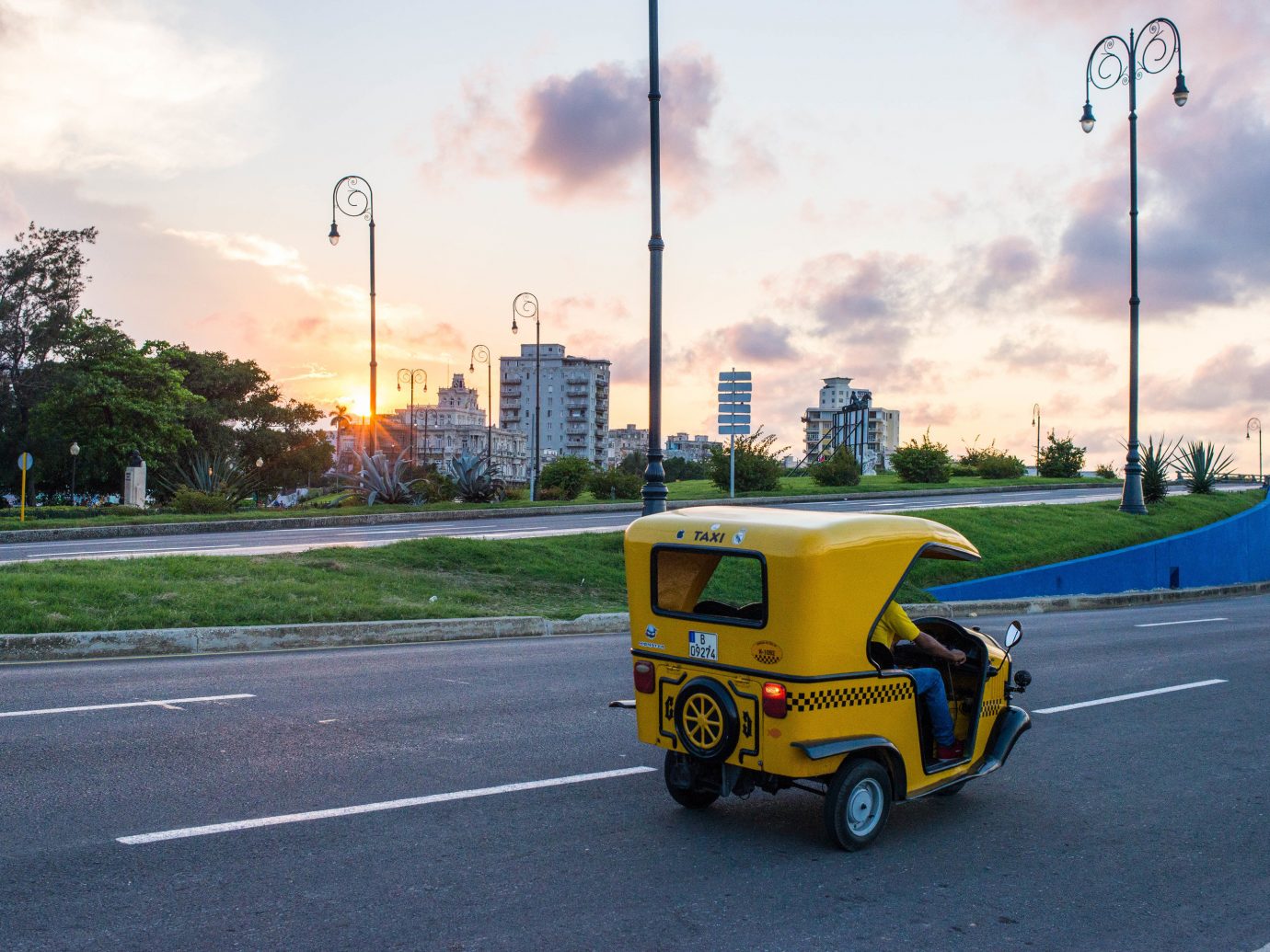
Zika is still a concern
According to the Centers for Disease Control and Prevention, Cuba still poses a threat in terms of contracting Zika virus. While the country is listed only at a Level 2 alert with the suggestion to "practice enhanced precautions," because there’s no cure or vaccine, women who are pregnant or plan on becoming pregnant should not travel to Cuba. Those who do choose to travel should prevent mosquito bites to the best of their ability by stocking up on DEET insect repellants, wearing long-sleeved shirts and long pants, and sleeping in a fully-enclosed space, preferably under mosquito netting.
Safety and security wise, there’s nothing to worry about
According to the U.S. Department of State, travelers have little to worry about in terms of safety in Cuba; currently, the country has no issued warnings or alerts (you can get up-to-date info on that here). On the off-chance you do run into any issues and need emergency assistance, you can call 106 for the Police Department or 105 for the Fire Department. If you need more extensive legal assistance, there are also a number of local firms permitted to offer counsel. For added peace of mind, you can sign up for the Smart Traveler Enrollment Program to receive alerts and info from the U.S. Embassy about any potential emergencies, natural disasters, or civil unrest. More details can be found in the Overseas Security Advisory Council’s (OSAC) Cuba 2017 Crime & Safety Report.
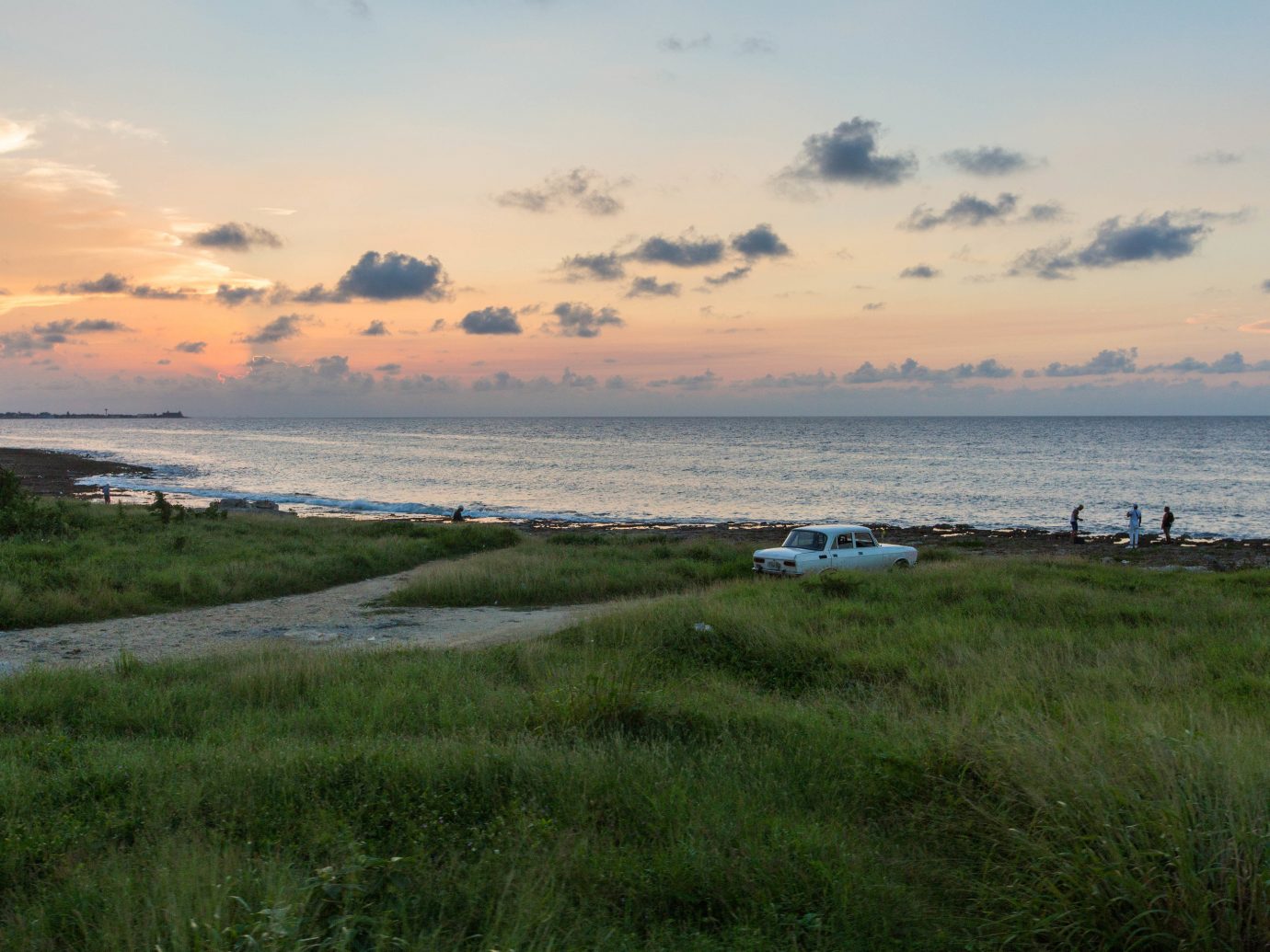
Figure out your phone plan ahead of time
Recently, U.S. wireless providers like Sprint and Verizon have been working with ETECSA (the Cuban national telecommunications company) to offer roaming services in Cuba, but this is still limited. If roaming isn’t an option, you do have a couple other ways to go about securing service. If you have an unlocked GSM-capable phone, you can rent a SIM card loaded with pre-paid minutes (find them at Cubacel upon arrival in Cuba); some companies offer rentable phones for use in Cuba; or you can rent a phone from Cubacel (more on that here—but know that data isn’t available). Unfortunately, public WiFi is not common in Cuba (though you’ll often find it at major hotels) so those with iPhones won’t be able to rely on iMessages, either.
RELATED: 8 Travel Safety Tips You Probably Ignore (But Shouldn’t)
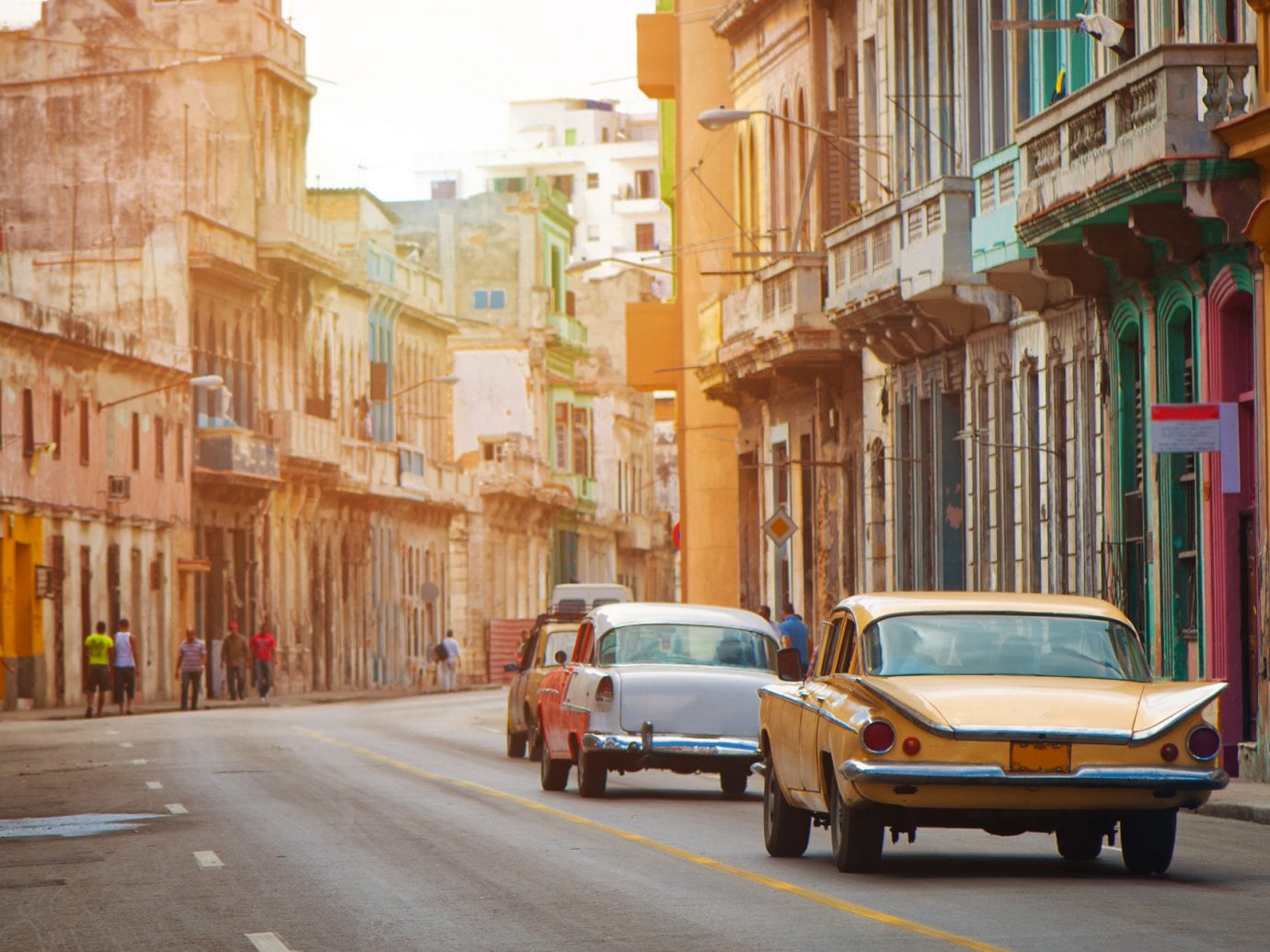
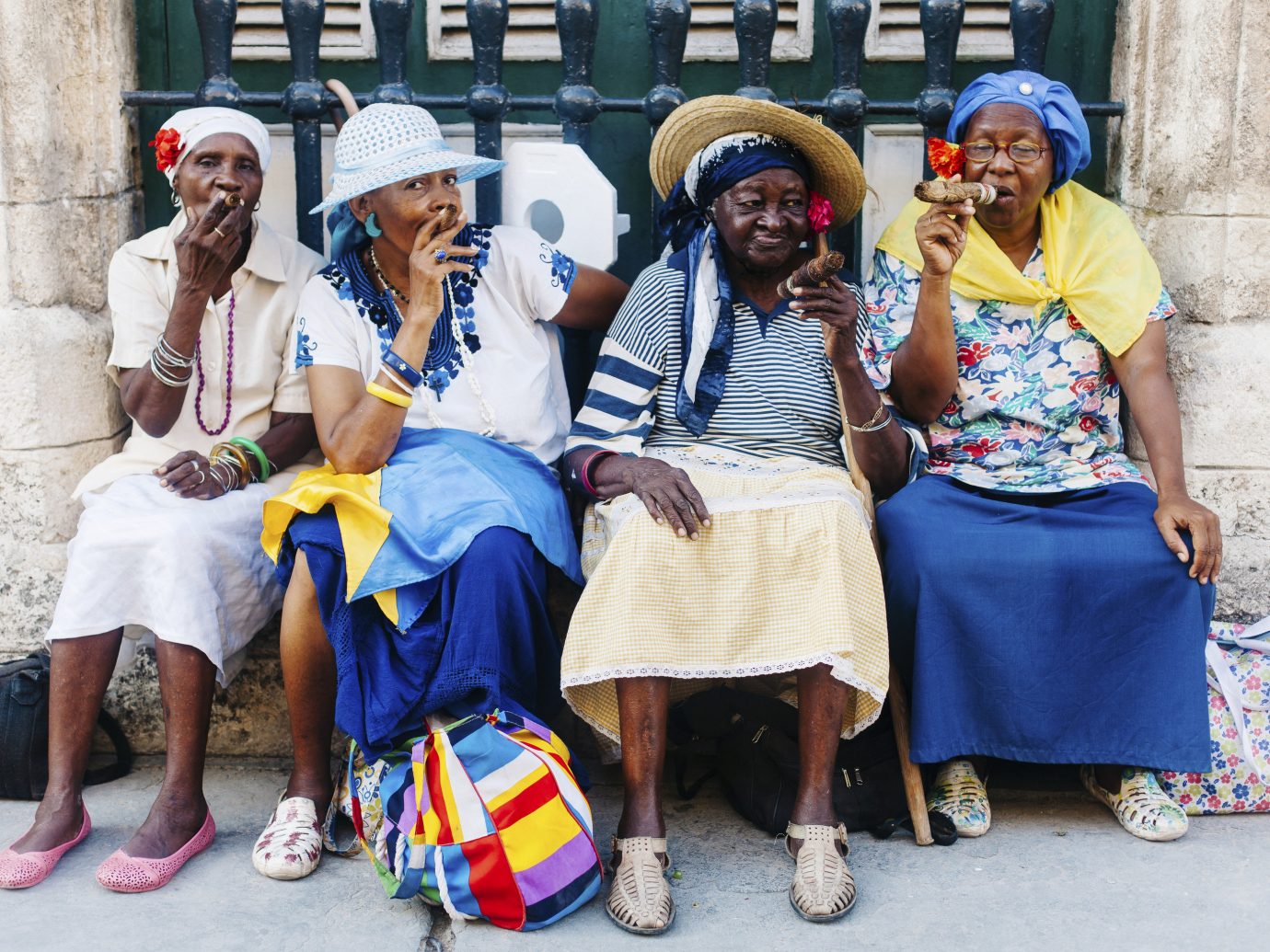
Air service to Cuba is (surprisingly) straightforward
As long as you’ve properly secured your visa, you should have no trouble traveling by air between the United States and Cuba. Last fall, major commercial carriers like JetBlue, Delta, and United started to introduce direct flights to Cuban cities like Havana, Holguín, Santa Clara, Cienfuegos, and Santiago de Cuba. You can catch these routes out of U.S. hubs like NYC, Atlanta, Orlando, Fort Lauderdale, and Miami, just be sure to look them up well ahead of time; since many of these flights underperformed in 2016, carriers are beginning to cut back on their offers.
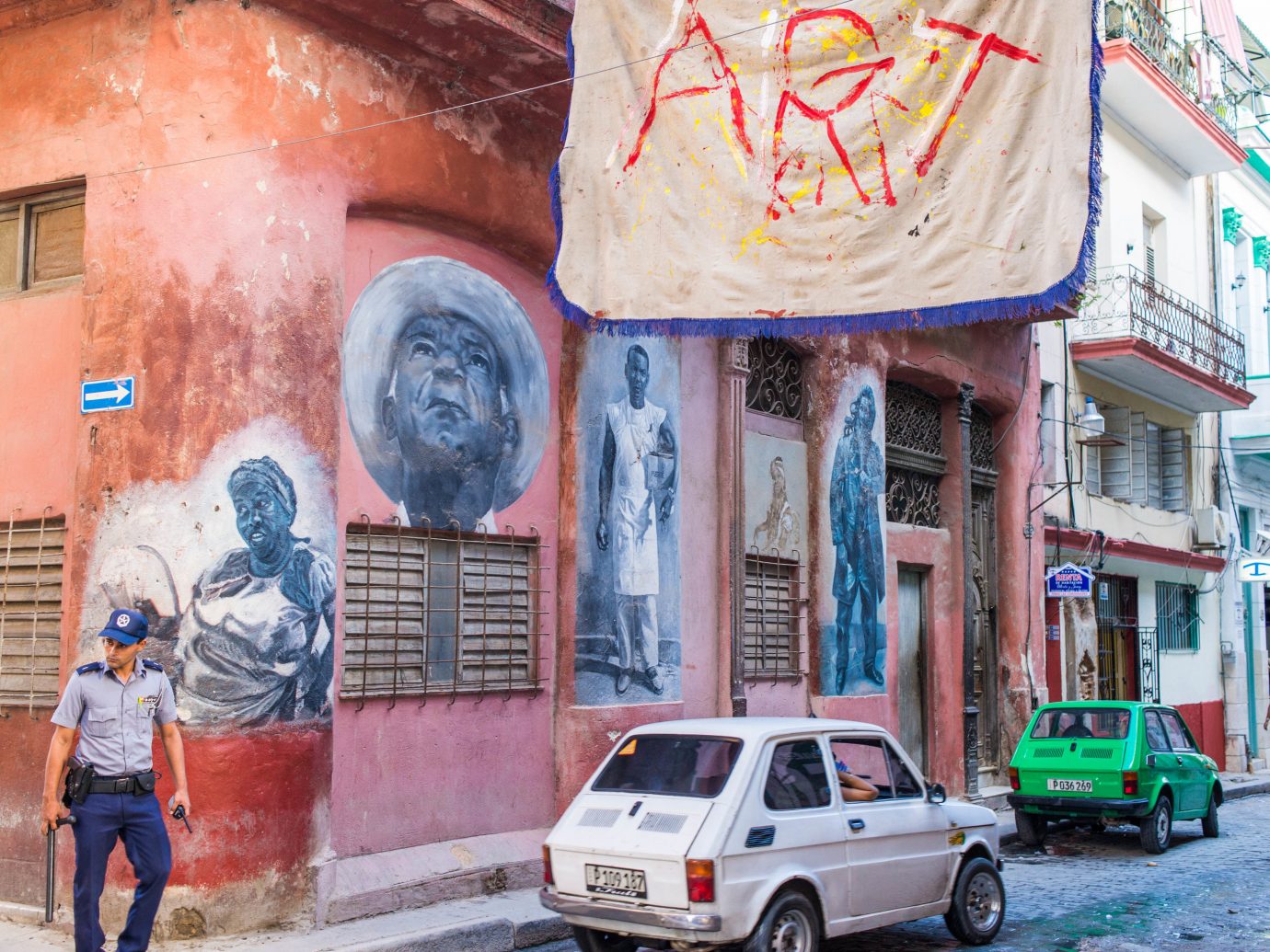
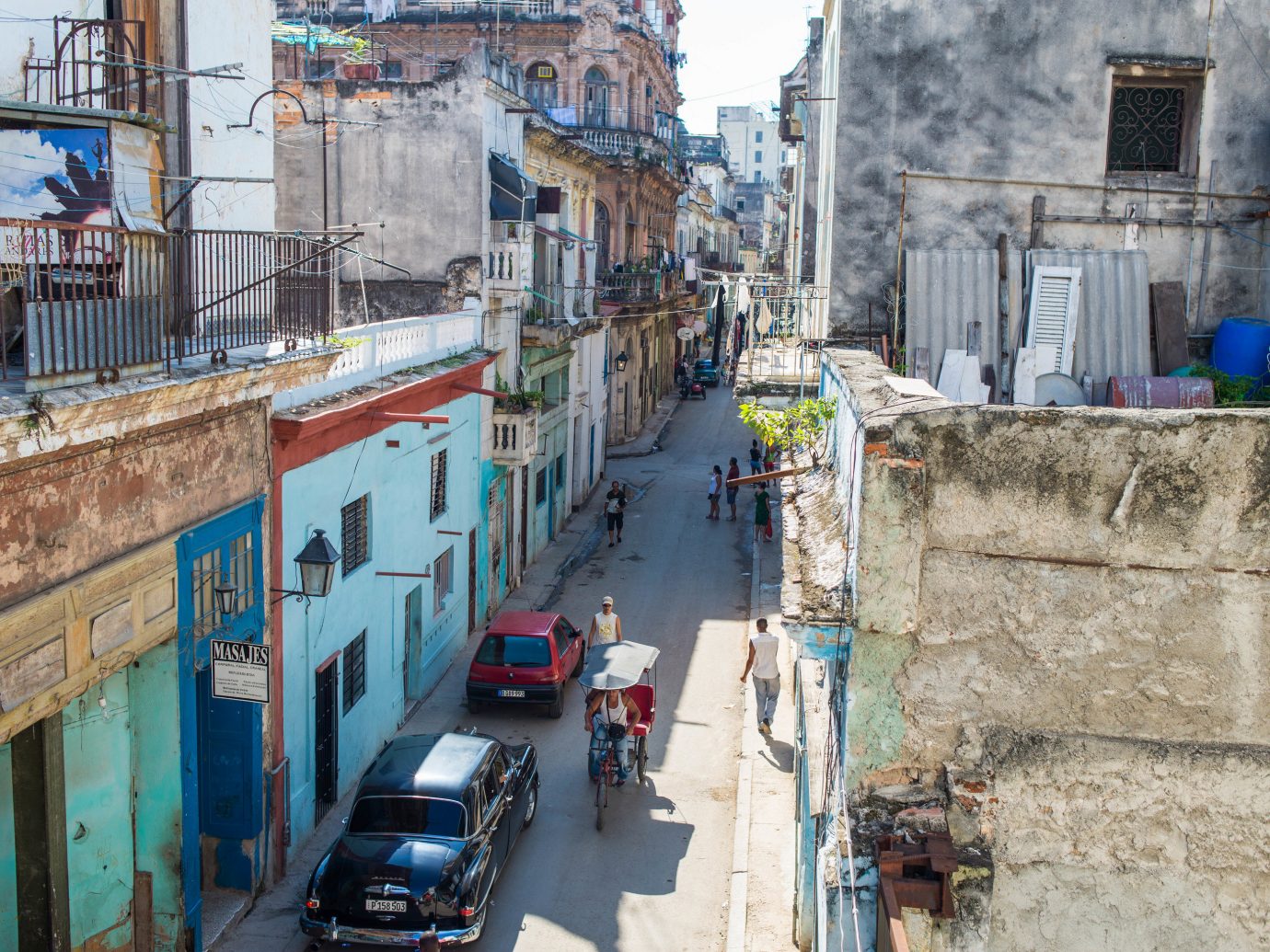
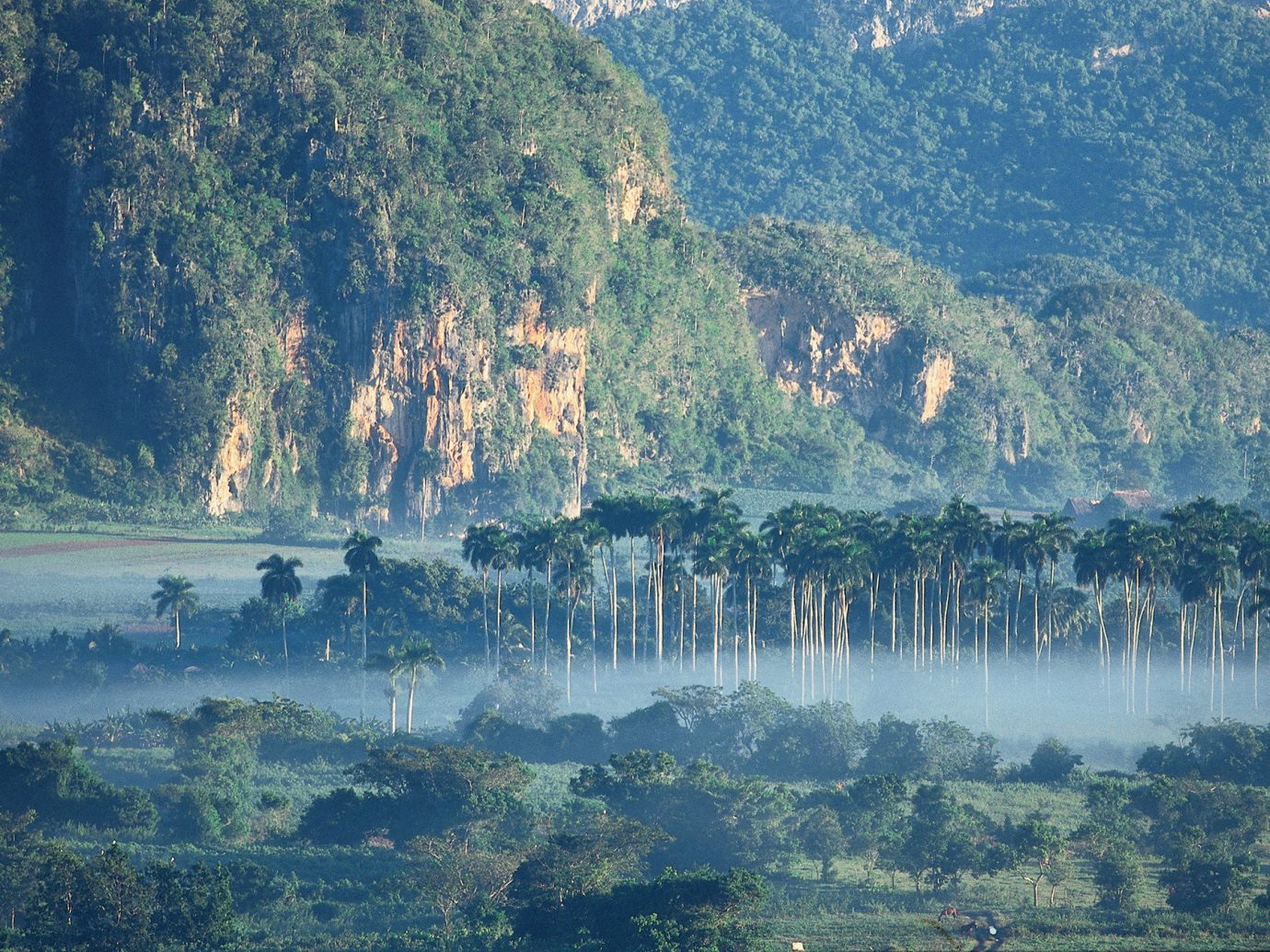
Book accommodations ahead of your trip
Cuba has plenty of accommodation offers—there are casas particulares (private houses), 5-star hotels (though they’re much lower by American standards), and roughly 22K Airbnb (starting at $20 a night!) listings—but due to a surge in American, Canadian, and European travelers, they’re known to book up fast. If you go the hotel route, many require you to book at least two days before your stay, so it’s definitely not a figure-it-out-as-you-go destination.
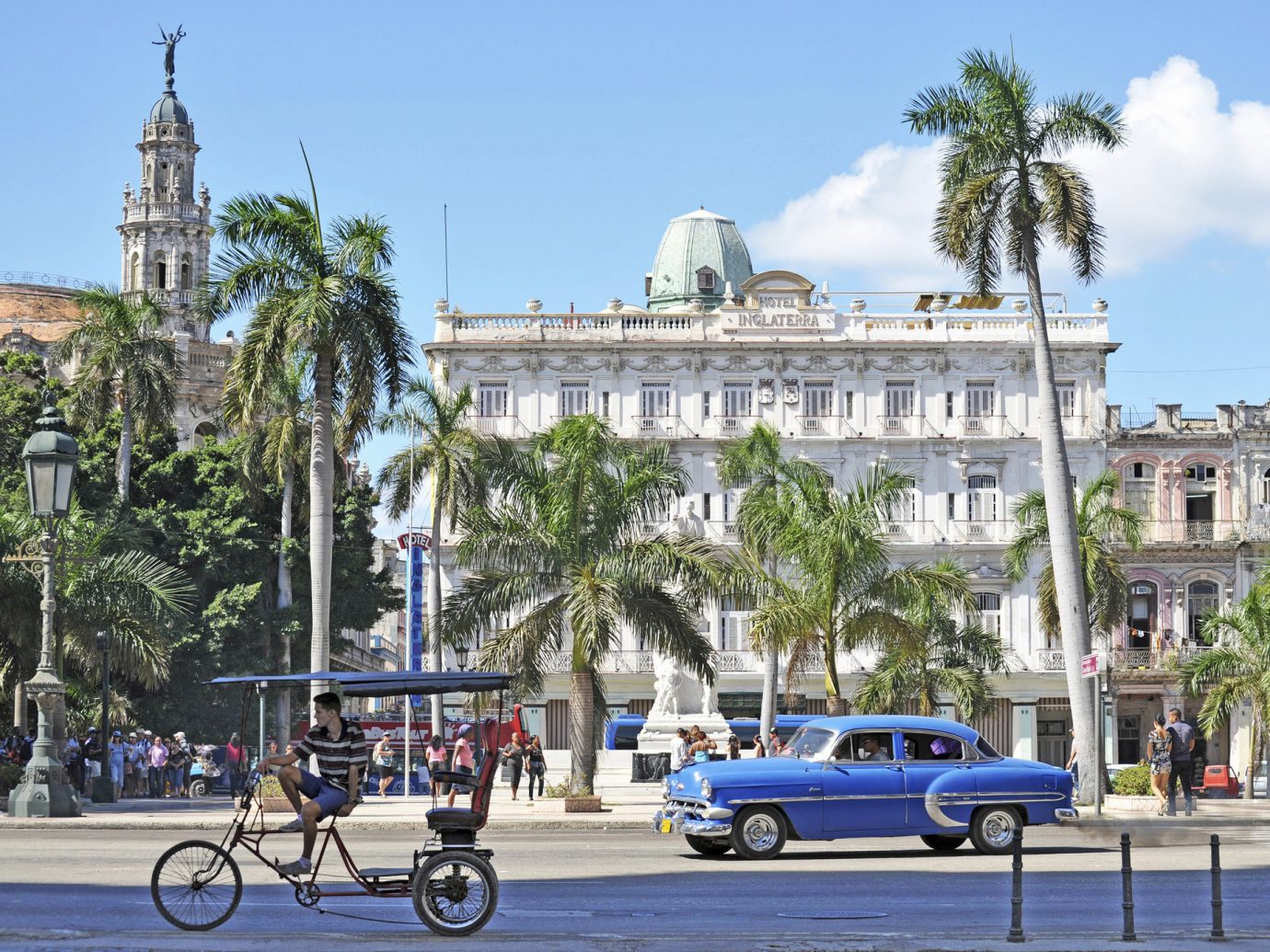
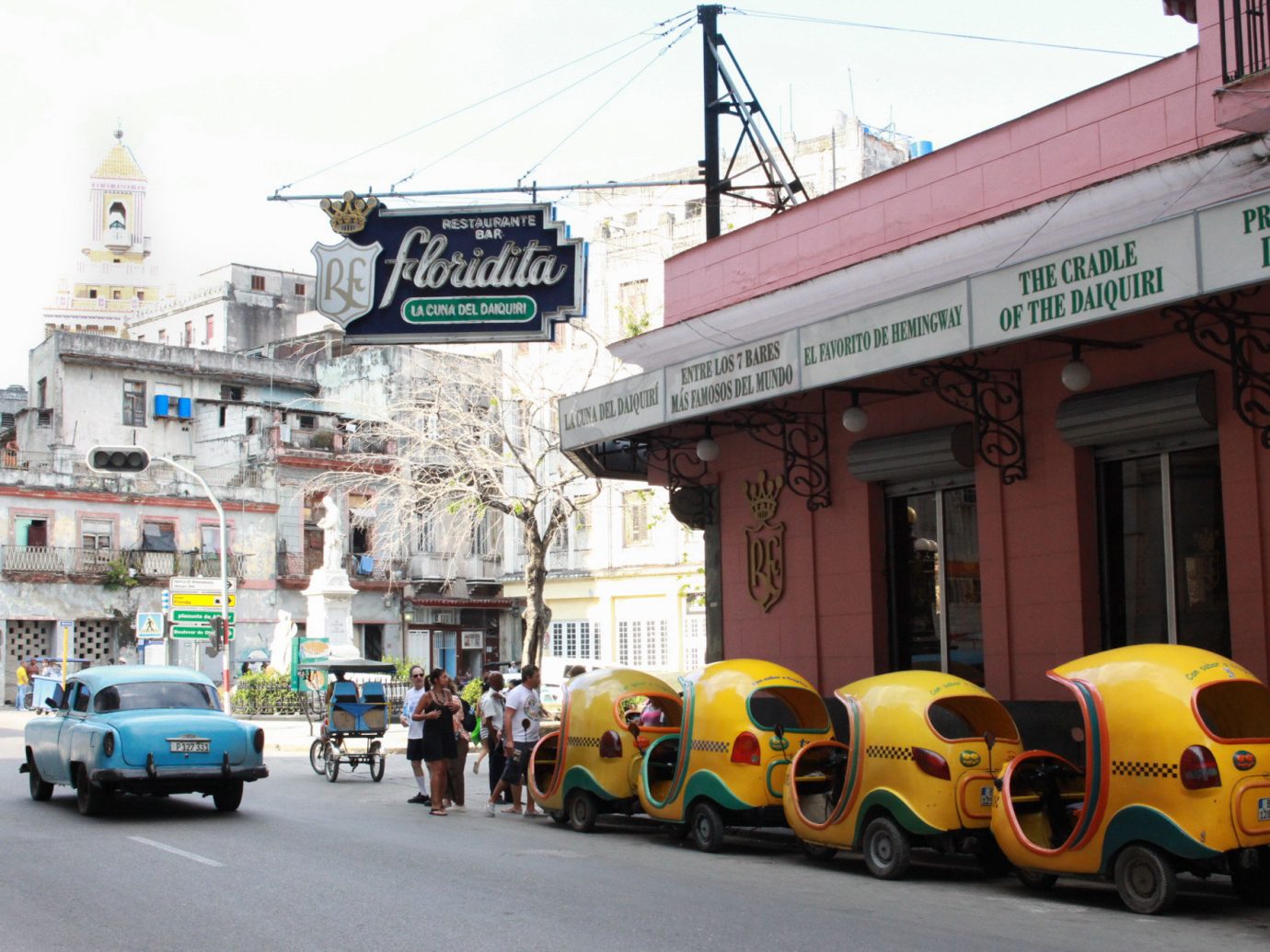
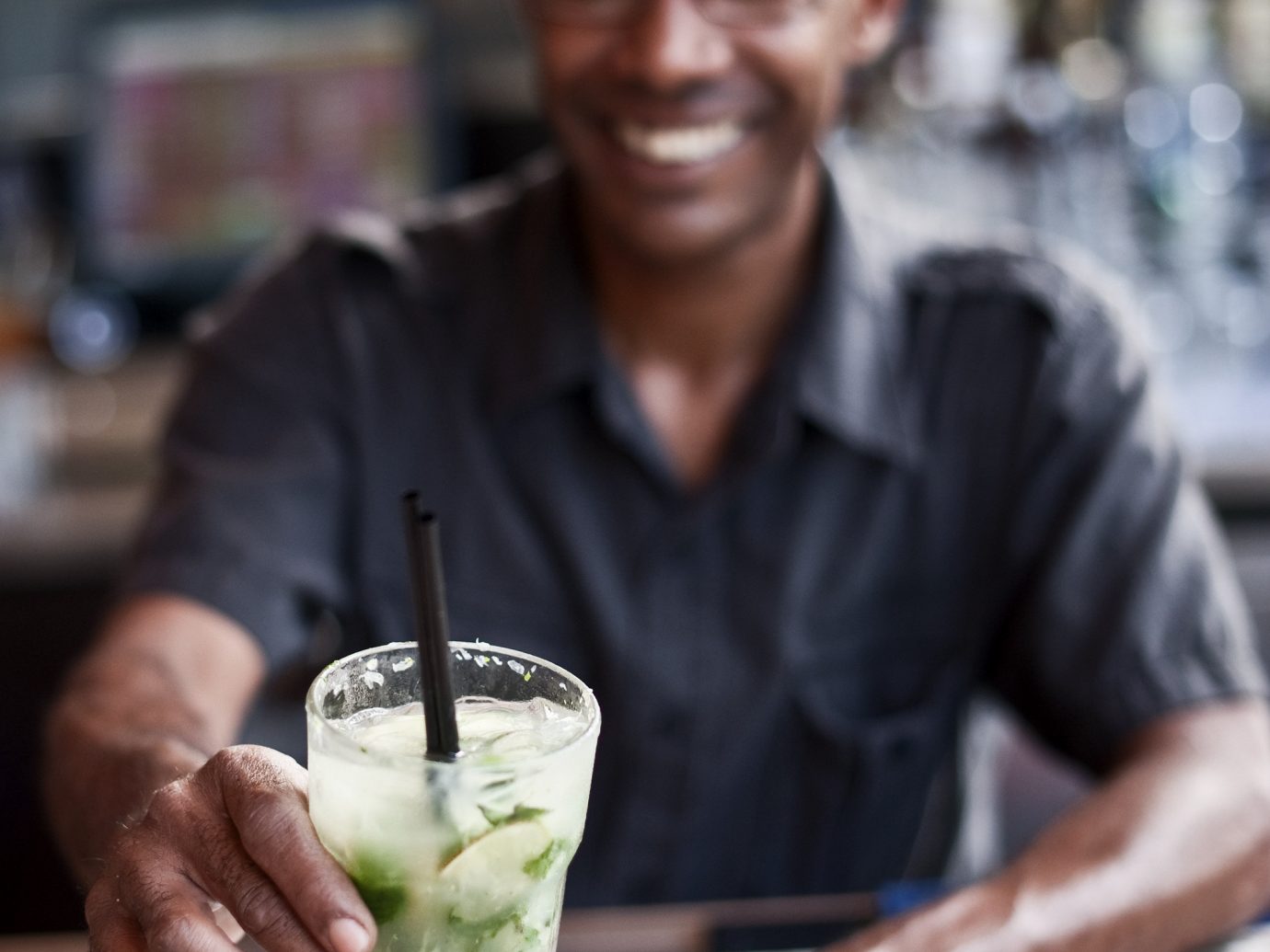

Print any travel documents you might need before leaving
Since Cuba is relatively void of public WiFi (even if you do find it, connection speeds are dreadful) and internet cafes charge an arm and a leg for web access, it’s a good rule of thumb to carry hard copies of any documents you may need over the course of your trip. This means having reservation confirmations, a physician’s letter for any prescription meds you’re carrying, and travel insurance policies handy.
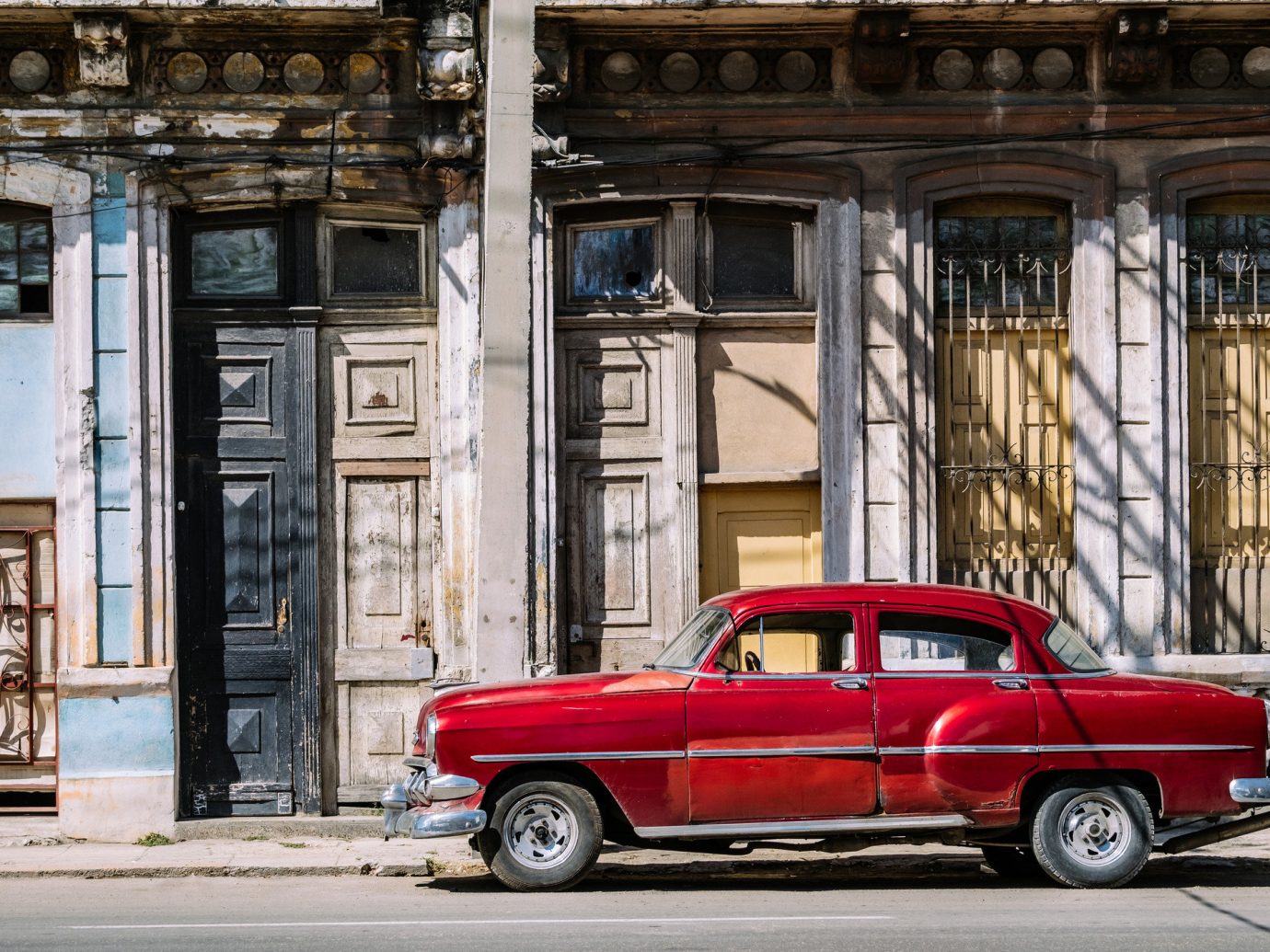
Want more?
- The Best Beaches in Florida (and Where to Stay)
- 9 Summer Makeup and Hair Products You Need to Try
- 10 Best Hotels in Miami
Comments
All products are independently selected by our writers and editors. If you buy something through our links, Jetsetter may earn an affiliate commission.
Become a Jetsetter.
Use our insider connections to know where to go and what to do.
By proceeding, you agree to our Privacy Policy and Terms of Use.
Thanks for Signing Up!


